Buy Low and Sell High
Seems easy enough to understand and follow. Yet most of us are unable to keep this simple rule straight in our heads when it comes to the stock market.
Why is that? Why does our instinct tell us to buy stocks when prices are high and to sell stocks when prices are low.
There are two key reasons for this –social proof and scarcity.
1. Stock Market Psychology – Social Proof
It is human nature to look to others to determine the best course of action for ourselves. If we look outside and see people wearing shorts, we assume that the weather is warm and will switch to wearing shorts. If we see cars ahead start to change lanes, we will try to change lanes as well, in anticipation of an upcoming road block or accident.
If we see others getting rich by buying stocks, then it must be a good time to buy. The same goes for when everyone else is selling.
Social proof alone however, does not create such a strong effect that we will act so contrary to our own interests. The other key force at play is scarcity.
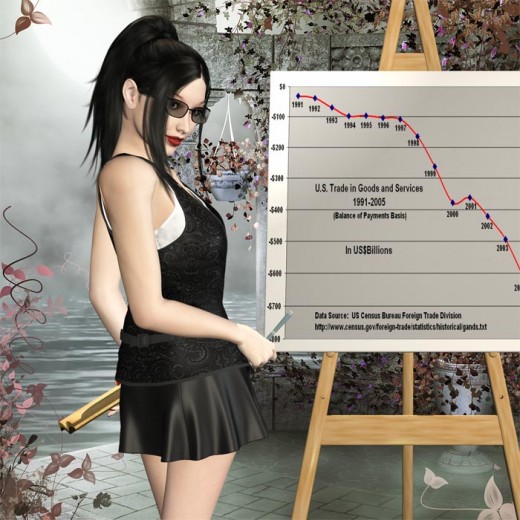
2. Stock Market Psychology – Scarcity

In his book Influence, scarcity is the last of six weapons of influence described by Robert Cialdini. It was probably saved for last because of the strength of its effects.
We all have a natural tendency to want things that are in short supply. The more rare an item, the greater its value because few will be able to possess it. Not only do we want a scarce item more, but we will make up reasons for why we want it so. Studies show that scarce items are consistently rated more highly or more favorably than their more abundant counterparts.
We think that cookies taste better when we are only given two, compared to ten.
Similarly, we will rush in and buy stocks at $10 because we are afraid that in a short time they will only be available for $12, $15, or much more. We must buy it now, because this price may not be available for much longer. That is why when the stock market is rising, we feel a great need to jump in and buy, buy, buy.
As the market rises, stocks at lower prices become more and more scarce, which creates more buying, which makes them more scarce, and on and on it goes until the music stops.
“Irrational exuberance.” ~~[Alan Greenspan]
And we have not even explored the full power of scarcity yet. According to Cialdini, there are two other effects that make the scarcity rule even stronger – 1) Loss, and 2) Competition.
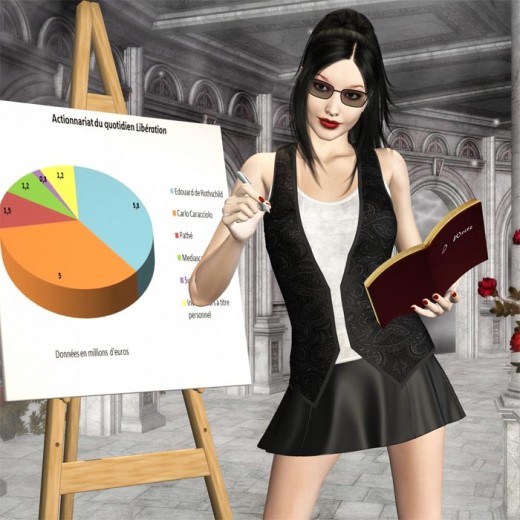
Scarcity and Loss
I think we have all experienced this, many times; in all areas of our life. We appreciate something most after losing it. Girlfriends, lovers, our freedoms, a chocolate chip cookie, and yes, definitely also money.
We like making money, but we hate losing money a lot more.
That is why when there is a large drop in the stock market and we have lost a lot of money, we are shy about buying more. Once we have lost, we want to hold on to what we have for fear of losing more.
This makes us most likely to buy when prices are high, because we have lost nothing and have gained much (at least on paper). Similarly we are likely to sell or at the very least, not buy, when prices are low.
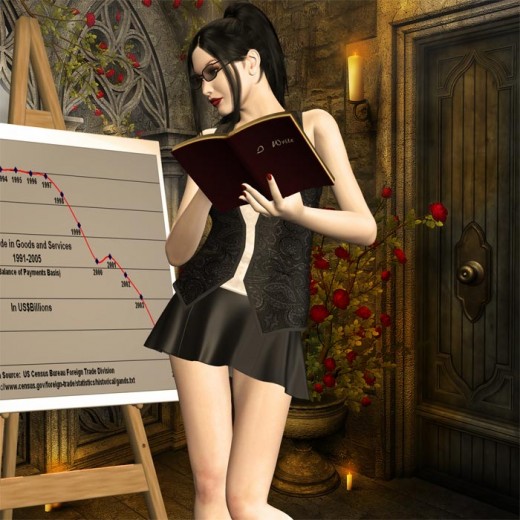
Scarcity and Competition
The other aspect of scarcity has to do with competition. When we are in direct competition with others for a limited item, the power of scarcity kicks into really high gear.
This is when we must absolutely have it, whatever it is; not because we need it, but because we must not lose it to others. Not to that staring lady by the corner, or to that arrogant looking, business-suited wannabe.
And as we all know, competition is the cornerstone of the stock market.
When prices are high, we are most compelled to buy because that is the time when there is most competition for a stock. We must get it now before someone else gets it and makes money that should be ours.
When prices are low, we are compelled to sell because we do not want to lose the opportunity of getting rid of our crap to someone else.

Buy High and Sell Low
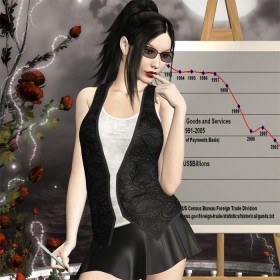
Why do so many people lose money on the stock market?
Because the rules of scarcity and social proof are steering us to buy high, and sell low. In this case, we are our own worst enemies.
Now that we understand the psychological forces arrayed against us, is it possible to counter those forces?
Cialdini suggests two ways to counter scarcity –
- Think before you act, and
- Remind yourself that the utility of the item remains the same, no matter the scarcity, loss, or competition.
How to Even the Odds
Think before you act.
When we feel ourselves getting caught up in the emotion of the stock market, we must stop ourselves from buying or selling anything. Decisions that are made in haste, are usually decisions that we will regret later on.
I have made many stock trades in haste, and now, I will only buy or sell after I have carefully thought through it.
This is why many experts encourage investors to have a strategy. When you are swept up by the powerful forces of scarcity, you can fall back on your strategy. Before making a stock trade, simply ask yourself this – Does this trade fit into my long-term stock trading strategy? If not, then you must walk away.

Item utility remains unchanged.
When we are swept up by the power of scarcity, Cialdini suggests that we remember this –
The item we now want more than ever, has not fundamentally changed. The utility we derive from it also has not changed, just our need to possess it.
Stocks however, are not like regular items, in that their utility actually does change. We cannot eat stocks, or use them in any tangible way. We either buy them as a long-term investment, or hope to make some short term money through a quick trade. For short term trades, the utility of the item, i.e., the amount of money that can be made is actually dependent on the short term demand surrounding it.
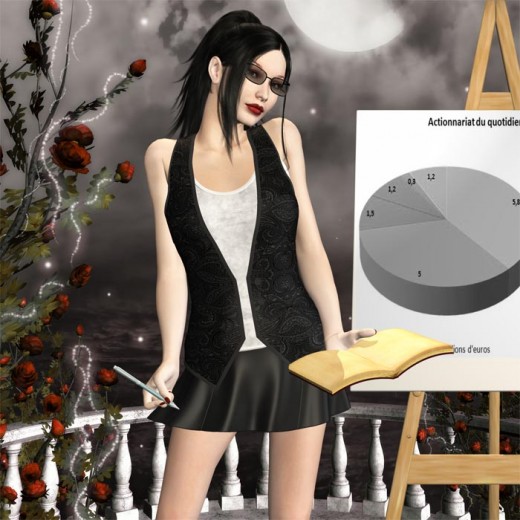
This short term demand, as we have laid out, is based on social proof and scarcity. In this case we want to encourage greater scarcity, social proof, and whatever else we can throw at it to drive prices further up, so that we can make some short term profits. There are also many so-called experts who will appear on television and tout particular stocks in order to artificially inflate their values so that they themselves can make a quick sale.
In this way, the more competition there is, the higher price you can sell at in the short-term, and the more money you will make.
And that is why trading is very much different from investing. When you make short-term trades, it is important to understand the psychology behind the stock market, and to use that psychology to your short-term advantage.
If you are a long-term investor, you want to be aware of these short-term tricks that people may pull on you, in order to psychologically manipulate you to buy at too high a price, or sell at too low a price.
Whether you are a stock investor, stock trader, or just a side heckler, I highly recommend the book Influence by Robert Cialdini. It reveals to us much about ourselves, and shows us where we are most vulnerable to external manipulation.

Very informative thank you. I made a haste trade today and now i am sitting in loss. Found your page for some good tips. The problem always comes in when you continuously stare at the chart. Then you get too emotional and make hasty decisions.
Off topic, are your photos from Second Life? Looks just like it!